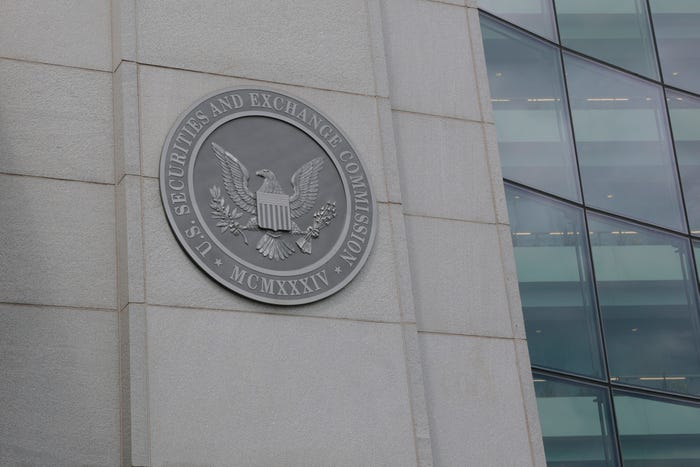UPDATE: More than 418 major firms have just raised urgent alarms about artificial intelligence (AI) in their SEC filings, highlighting significant reputational risks. This surge, which represents a 46% increase from 2024 and a staggering ninefold rise from 2023, signals a dramatic shift in how corporate America views AI’s potential dangers.
These disclosures come as companies warn that AI could disseminate false or biased information, compromise security, and infringe on rights. The filings reveal a growing concern among corporate leaders about the potential fallout from AI technology, which could have immediate implications for investors and consumers alike.
Take-Two Interactive, for example, emphasized AI as a critical risk in its recent SEC filing. CEO Strauss Zelnick stated, “All of us are using AI today in a way that’s greater than we used it a year ago.” This acknowledgment reflects a broader sentiment across industries, with firms like Visa and Clorox echoing similar concerns about the potential for AI to generate erroneous transactions and compromise sensitive data.
In a recent filing, Visa warned that as it expands its use of AI for commerce, it may face “increased instances of erroneous or disputed payments.” Clorox echoed this sentiment, cautioning that AI tools could jeopardize confidential information. Meanwhile, ELF Beauty noted that adapting to new regulations and ethical standards concerning AI could materially affect its operations and reputation.
Corporate leaders are legally obligated to disclose emerging risks in their SEC filings to protect investors. This regulatory framework aims to ensure that potential threats are communicated transparently. Law professor M. Todd Henderson from the University of Chicago Law School highlighted the seriousness of these warnings, asserting that the implications of AI are more severe than those of the internet boom in the late 1990s.
The stakes are high. A misstep involving AI could lead to catastrophic outcomes, ranging from grave medical errors to faulty legal advice. The urgency of this disclosure is compounded by a troubling statistic: a recent KPMG survey found that 66% of workers have relied on AI output without critical evaluation, and 72% admitted to putting in less effort due to AI assistance.
Despite these risks, companies are racing to invest in AI technologies, recognizing their potential to enhance productivity. According to Bain & Co, the average total AI spending has nearly doubled in 2024 to $10.3 million per company, reflecting a determination to harness AI’s capabilities.
Zelnick from Take-Two noted that AI is streamlining workflows, allowing employees to focus on more creative tasks. “We’re reducing the weight of mundane work,” he said, demonstrating the dual-edged nature of AI adoption—while it offers efficiency, it also presents new risks.
As the SEC filings continue to roll in, the spotlight on AI’s implications for business operations is growing brighter. Investors and consumers must remain vigilant as companies navigate this complex landscape, weighing the benefits of AI against the potential for reputational harm.
This developing story underscores the urgent need for transparency in how AI is used and the risks involved. With corporate America sounding the alarm, all eyes will be on how these firms adapt to the challenges that lie ahead.
